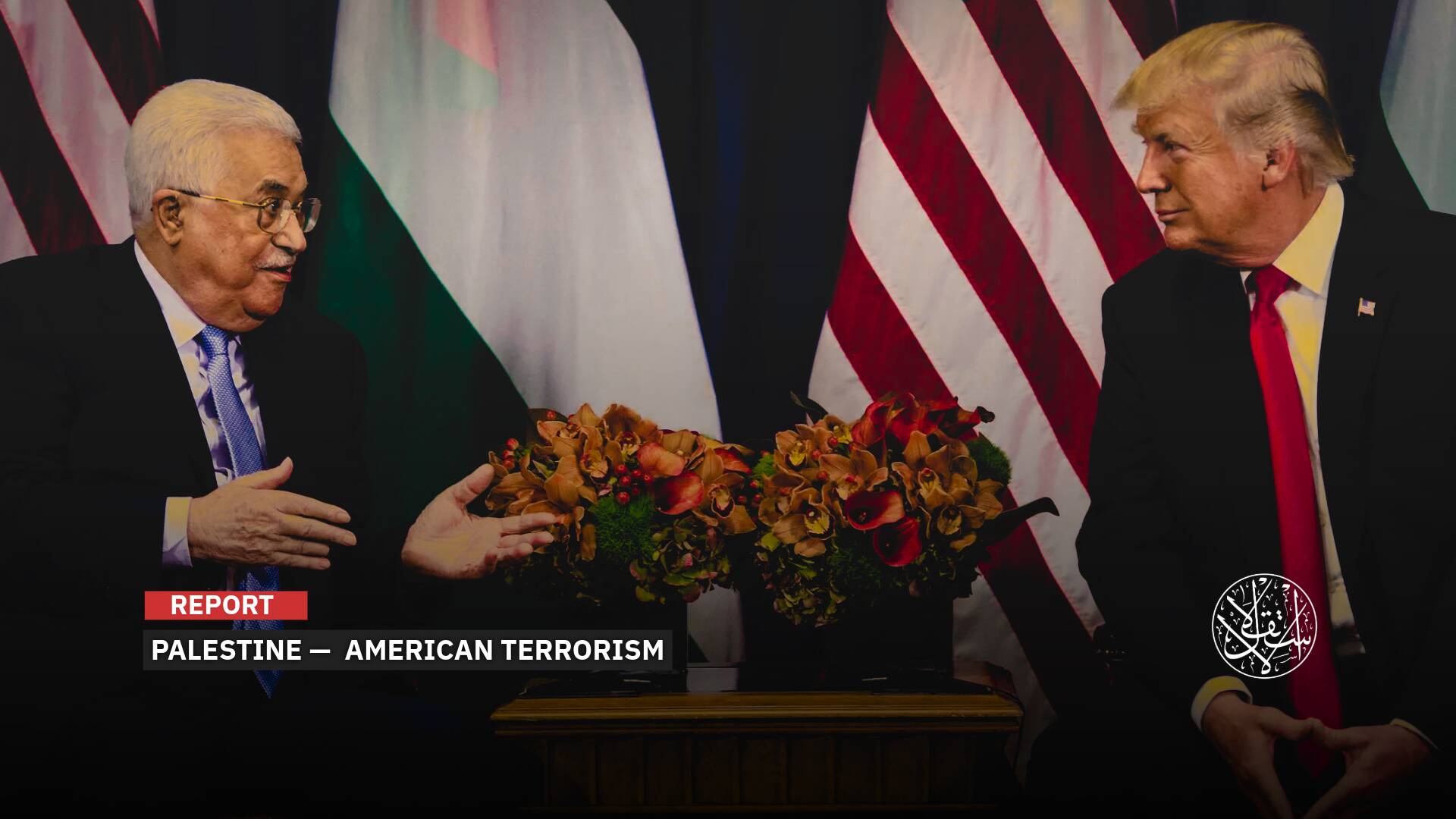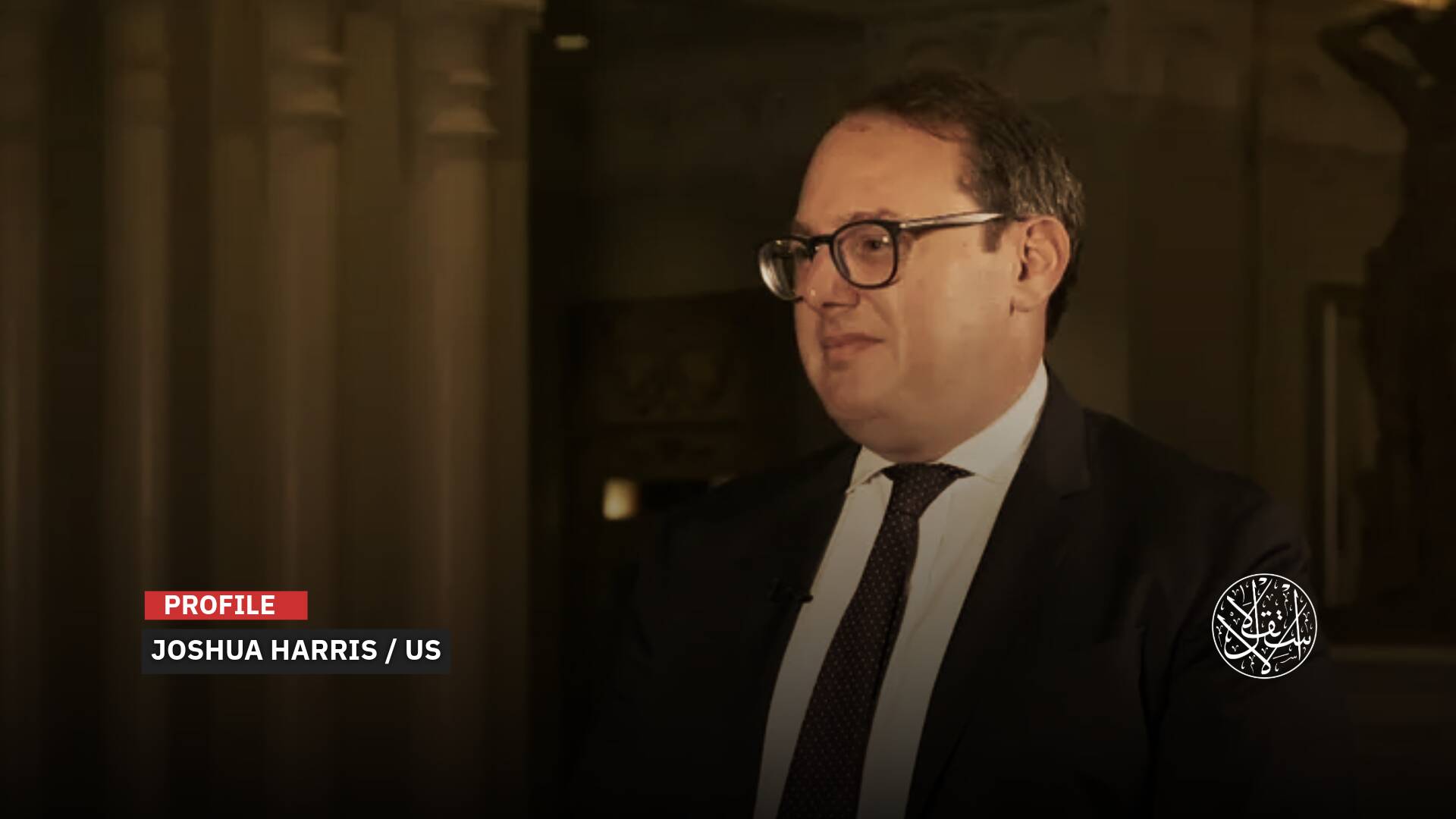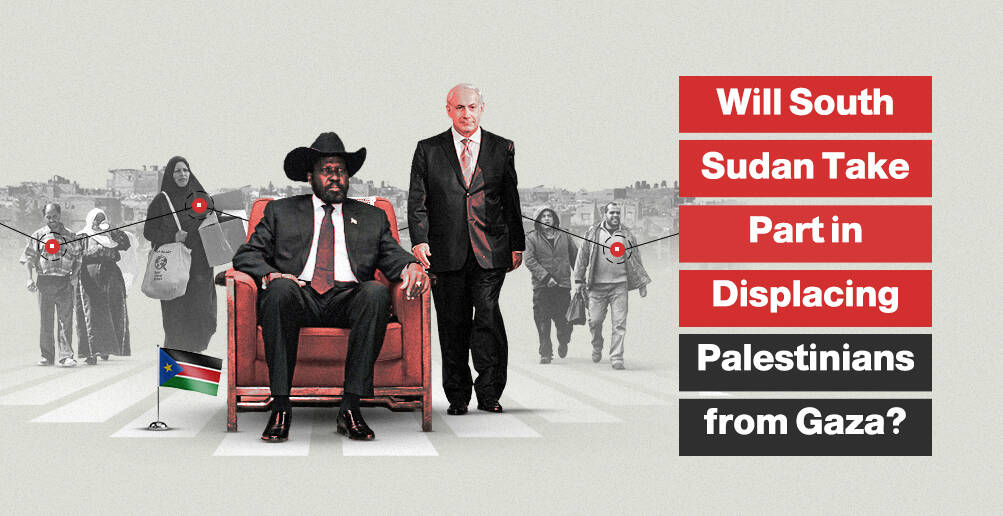Washington Opposes Latin America’s Tyranny and Supports Their Arab Counterparts

U.S. President Joe Biden's decision to exclude the leaders of Cuba, Nicaragua, and Venezuela from attending the Summit of the Americas in Los Angeles on June 6-10, 2022, under the pretext of "defending democracy," re-emerged Washington's double standards in dealing with world tyrants.
The Biden administration, which has announced that it will not call tyrants of Latin Americas to the summit, justified the claim that it was "committed not to deal with the world's dictators."
But the U.S. decision opened the debate on what The Monitor called "American moral gymnastics" on June 7, 2022, that Biden was only the latest U.S. president to practice in a world of shared interests.
He also opened the door to comparing America's dealings with and welcoming the tyrants of the Arab world, such as Biden's retreat from the boycott of Saudi Crown Prince Mohammed bin Salman (MBS), despite the killing of a Saudi-American citizen, journalist Jamal Khashoggi, to recently announce his readiness to visit Riyadh soon.
Double Standards
The United States announced in early May 2022 that it would not invite Nicaragua, Cuba, and Venezuela to the 9th U.S. Heads of State and Government Summit aimed at discussing migration and the region's economy.
This decision prompted the heads of the states of Mexico, Bolivia, and Honduras to announce that they would also not attend the summit.
Venezuelan President Nicolas Maduro said in mid-May 2022 that Washington's decision not to invite him and the leaders of Cuba and Nicaragua was "an act of discrimination" and that the U.S. government had "failed that summit."
Nicaraguan President Daniel Ortega said on May 18 that he was "not interested" in participating in the summit.
Bolivian President Luis Arce said that if they want to organize a meeting between friends (pro-American), let them do it, but in doing so it cannot be called a “Summit of the Americas.”

The New York Times reported on May 12 that the boycott of an increasing number of Latin American and Caribbean heads of state, including the heads of state of the region's two largest countries, Mexico and Brazil, dealt a "humiliating blow" to the White House.
"If there are exceptions and not everyone is invited, a delegation from the Mexican government will go, but I will not do so personally," the Mexican president said, refusing to attend.
"The summit, which the administration portrays as a review of emerging U.S. leadership in the Western Hemisphere, threatens to seriously damage the reputation of the White House, will highlight Washington's weakness in the region," the newspaper said.
White House officials have tried to downplay the impact of the absence of leaders, saying the four boycotting countries will send high-level delegations to the summit and sign joint declarations at the end of the meetings, the New York Times reported on June 7, 2022.
On June 6, the State Department released a list of attendees confirming the participation of 68 delegations, while only 23 of the 35 heads of state were presidents.
Different Vision
On May 27, the presidents of Cuba, Venezuela, and Bolivia met in Havana, Cuba, at a Latin counter-summit to reinforce their firm rejection of Washington's decision.
The Bolivarian Alliance for the Peoples of America (ALBA) condemned the United States decision, rejected the imposition of unilateral coercive measures against Venezuela and Nicaragua, and the economic, commercial, and financial blockade imposed on Cuba in violation of the principles and purposes enshrined in the Charter of the United Nations and international law.
The ALBA Alliance was founded in 2004, in response to the creation of the Washington-backed Free Trade Area of the Americas, and seeks regional integration without the United States.
ALBA includes Venezuela, Cuba, Nicaragua, Bolivia, Dominica, Antigua and Barbuda, Saint Vincent and the Grenadines, Saint Lucia, and Saint Christopher-Nevis-Anguilla.
The coalition said in a statement that the unilateral U.S. decision "constitutes a serious historical decline in relations with the Western Hemisphere and an insult to the peoples of Latin America and the Caribbean.
For its part, AFP revealed on June 7 that the Biden administration's goal behind this decision, electoral, has nothing to do with democracy.
It pointed to pressure from Democrats, so Biden does not seem lenient with Latin America's three main left-wing opponents as the midterm elections approach Congress.
Biden is seeking to address the large Cuban community in Miami, which has supported his predecessor Donald Trump's tough policies toward Cuba and Venezuela and is an important voting bloc in Florida.
This is as the November 2022 elections approach, which will determine who will control Congress.
Despite these U.S. allegations against dictators, Biden confirmed on June 3rd that he planned to visit Saudi Arabia as part of an upcoming Middle East tour, flouting these principles.
In his remarks, Biden tried to beautify his position that he had not backed down from his position on the human rights issue in Saudi Arabia, but remained at odds with earlier statements that he would make the kingdom and its crown prince "a pariah."
This prompted some senior Democratic lawmakers in Congress to send him a letter on June 7, criticizing his plan to visit the kingdom, reminding him of its human rights violations and Salman's role in the killing of Jamal Khashoggi.
Lawmakers raised issues, the kingdom's detention of human rights activists, the killing of Khashoggi, bin Salman's role in supporting the Russian invasion by refusing to increase Saudi oil production to support Russia's boycott, his role in the Yemen war, and his cooperation with America's enemy, China.
Unfunny Joke
Biden opposed Latin American "tyrants" participating in the Summit of the Americas, while at the same time speeding up a meeting with Saudi "tyrant" MBS, according to a U.S. newspaper rating that prompted U.S. reporter Sebastian Smith of Al-Monitor.
"America opposes tyrants? Yes! But with exceptions and support for some of them!`` On June 7, he criticized U.S. policy toward dictators. They are "bad," but not all of them, there are "exceptions!", according to Smith.
He spoke of double standards and "greater flexibility" when it comes to the other side of the world, with Saudi Arabia, despite Biden's determination to prevent the trio of Socialist revolutionaries from Latin America from entering America for the same reason (dictatorship).
"The contradictory messages are shocking, especially against the backdrop of Biden's repeated and emotional argument that his presidency represents a "turning point" in a giant conflict between the world's democracies and a growing group of ruthless authoritarian regimes."

Similarly, the United States supported dictatorial leaders in Latin America during the Cold War against Soviet influence.
In Asia, America fought communist regimes but made exceptions and Biden avoided talking about Myanmar's violations against Muslims, and invited less democratic leaders such as Cambodia and Vietnam to attend the Association of Southeast Asian Nations (ASEAN) summit in May 2022.
Before him, Trump did the same with Middle East dictators in Egypt, the KSA, the UAE, and others, even asking "Where is my favorite dictator?" as he awaits Egyptian president Abdel Fattah al-Sisi in 2019.
Johns Hopkins University professor of politics Robert Guttman interprets this continuing contradiction in U.S. politics as "cynical" self-interest.
Biden's party fears a devastating loss risk for Democrats in the midterm elections to Congress, he said.
Biden is desperate and wants to lower high domestic fuel prices, so he has had to go to the Saudis.
Gottman said the United States has historically been trying to support democracy, a battle it has focused heavily on in Ukraine's war with Russia, but with exceptions.
"We're talking about great ideals, but we're more realistic when it comes to reality, the end result is that we need oil and we support people who own oil, and as for the natural resources we need, we exclude our ideals."
Sources
- Summit of the Americas in Washington falters after several countries excluded and Mexico boycotts [Arabic]
- Biden to Host Latin American Leaders at Summit in Los Angeles
- Summit of the Americas hobbles to its opening as Mexico’s president declines to attend
- US opposes dictators? Yes! Except when it supports them













